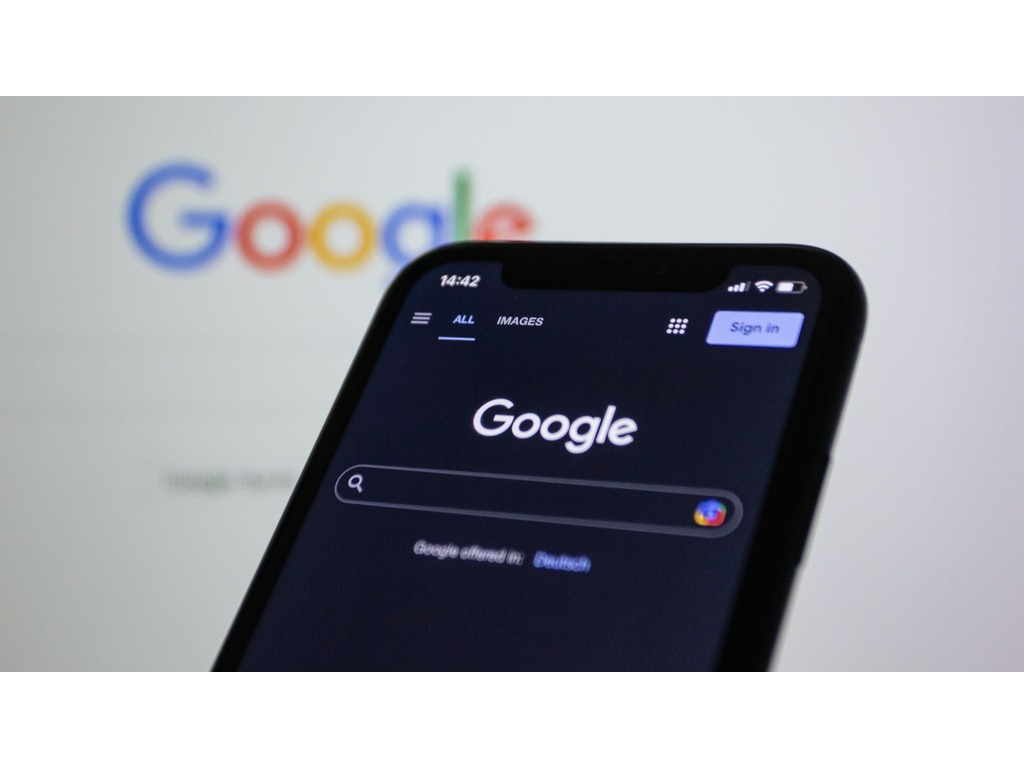Key Takeaways
1. Google plans to contest a recent court ruling in the antitrust case initiated by the US DOJ, believing it was incorrect.
2. The company argues that the proposed remedies would harm consumers and businesses, exceeding the court’s initial decision.
3. Google claims the DOJ overlooked important privacy issues and criticized its suggestion for a government-appointed “Technical Committee” on data disclosure.
4. Google warns that the DOJ’s actions could set a dangerous precedent for government control over user data in the tech sector.
5. The DOJ’s proposals are seen as favoring well-funded competitors like Bing, but Google argues they do not benefit consumers and emphasize its monopoly status.
Posting on X from its @NewsFromGoogle account, the tech giant announced it intends to contest the recent court decision in the ongoing antitrust case brought by the US Department of Justice (DOJ).
Google’s Stance
Google expressed that it will “wait for the Court’s opinion” but firmly believes that the initial ruling was incorrect. The company argued that the suggested remedies “go miles beyond the Court’s decision & would harm consumers, businesses and America’s tech leadership.”
Ongoing Investigations
Since 2020, the search giant has faced scrutiny regarding its search engine practices. Google claimed that the DOJ “waved off very real privacy issues,” rejecting the DOJ’s suggestion “to give [rivals] more data.” Additionally, the company criticized the DOJ’s idea of forming a “Technical Committee” of experts appointed by the government to determine how much data Google should disclose.
Concerns About Precedent
Google warned that this creates a troubling precedent, allowing the government to decide “who gets Google users’ data.” The DOJ sought to convince the Court to “remake the tech sector.” However, Google countered that “the AI space is highly competitive today: Countless rivals in the AI space are growing fast & gaining users & distribution without government intervention.”
Impact on Competition
The company stated that the DOJ’s proposals “would help various well-funded competitors (w/ repeated references to Bing), but none of them do much to help consumers.” Last August, a federal judge determined that Google was indeed a monopoly, using its power to maintain that status.
Source:
Link




